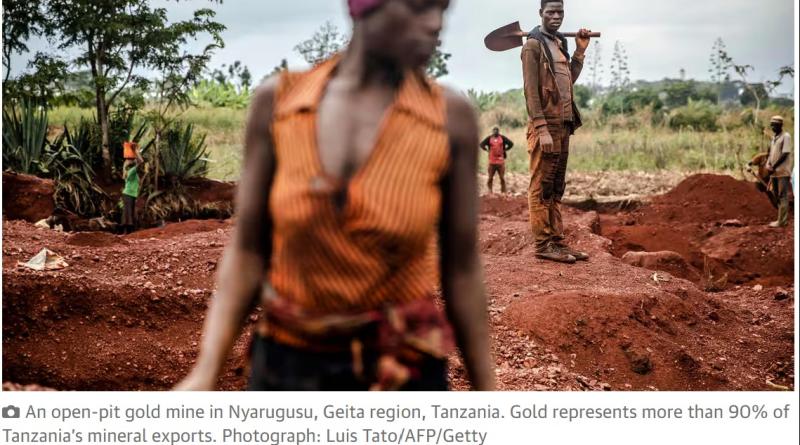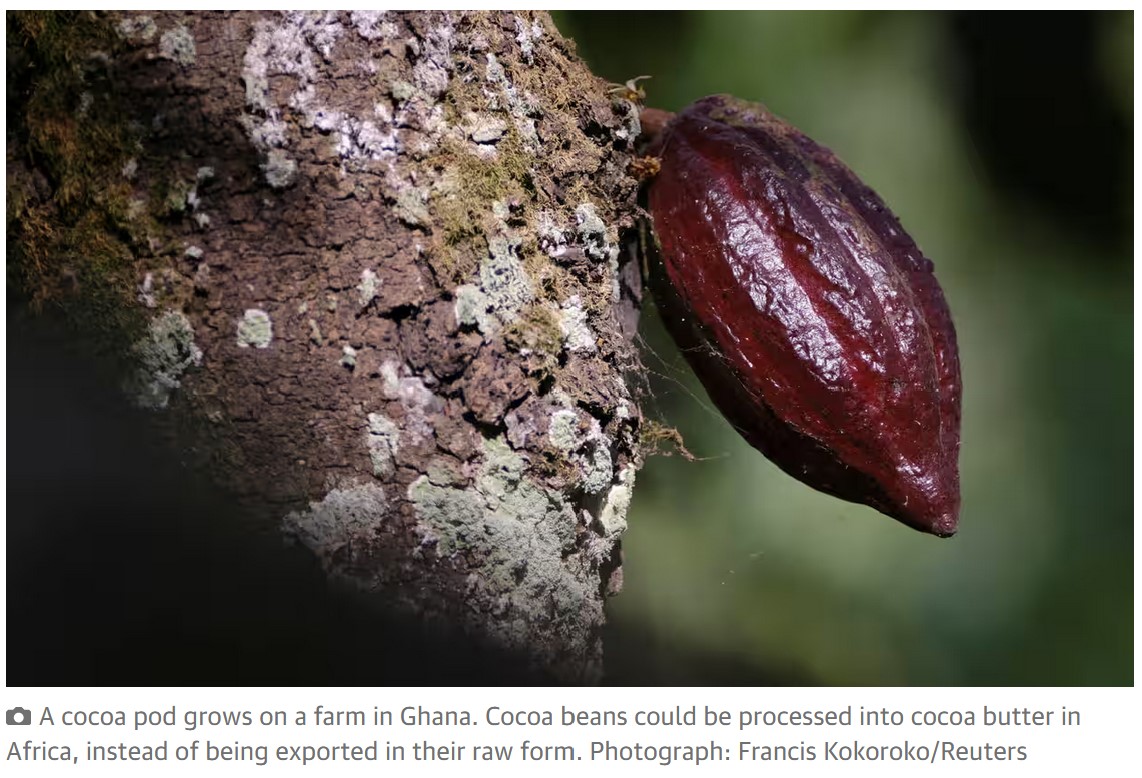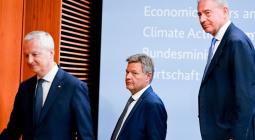Economists and government officials are gathering in Washington DC this week for the annual spring meetings of the World Bank and International Monetary Fund, where the future of climate finance and the debt burden of poor countries are likely to be among the hottest topics of debate.
Mathai said rich countries should target the climate finance they have promised to the poorer world on projects that helped African countries make more use of their resources. “There’s a real opportunity in green industrialisation,” she said.
Africa has vast potential for generating renewable energy, from the wind and sun. This should encourage investors to site their industries there, near these abundant low-carbon power sources, she added. This could be used, for instance, to create genuinely green hydrogen, which is likely to be vital for some heavy industries.
“Instead of thinking, export that energy, why not use manufacture in Namibia?” she asked. “I think there’s going to be real opportunities to expand manufacturing. It’s not about charity, it’s about partnership.”
If these investments are not made in clean energy and manufacturing, Africans will turn instead to fossil fuels, where investors are eager to expand, she warned. “We will have ourselves to blame if they go the more traditional route [of fossil fuels], where finance is more available, because we’re seeing fossil fuel proliferation.”
As the climate heats, swathes of Africa are likely to suffer increasingly from drought, heatwaves and floods. However, some of the continent’s croplands are likely to become even more vital.
Helping people prepare for the impacts of the climate crisis will be essential and in Mathai’s view that can best be done by making Africans more prosperous.
“We have to build resilience that is deep, that is anchored in wealth creation,” she said.
She gave the example of Nairobi, in Kenya, where many impoverished people recently experienced flooding. “Entire communities were washed away. That’s because they live on the edge [because of poverty]. If you’re on the edge of the edge, it doesn’t matter how much adaptation you do. We have to build economic muscle.”





